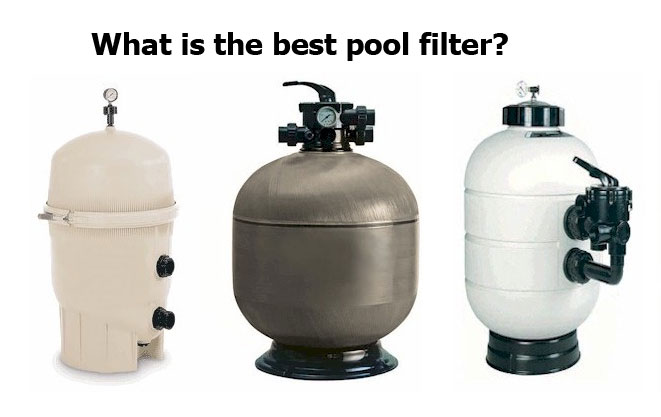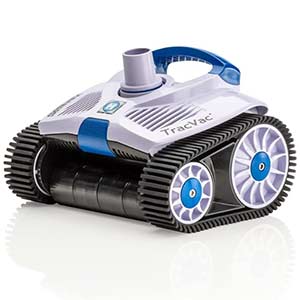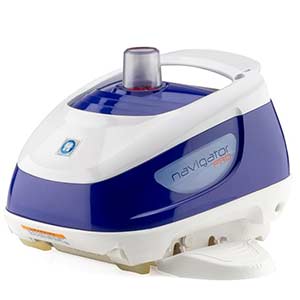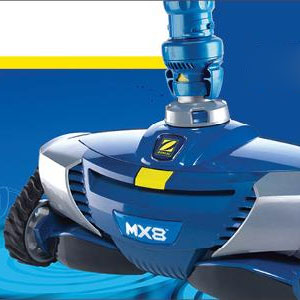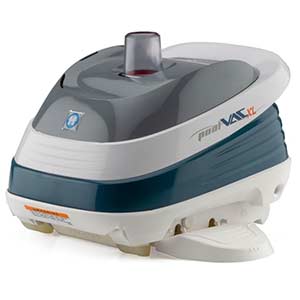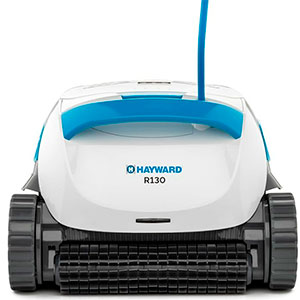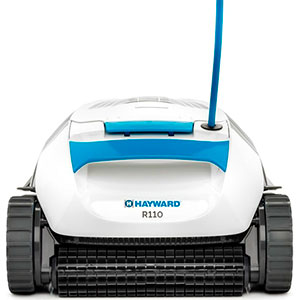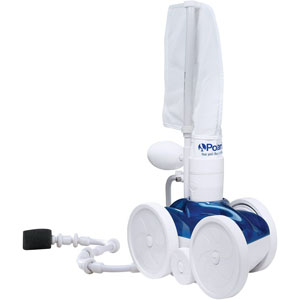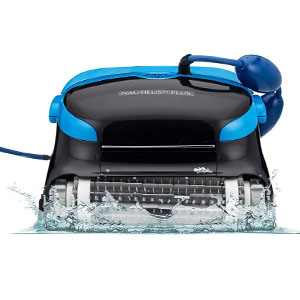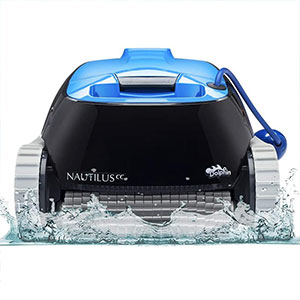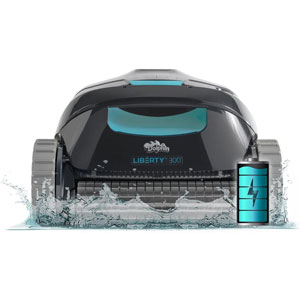How To Choose The Best Swimming Pool Filter?
Selecting the perfect filter for one`s pool is never easy. However, prior to buying the filter you need for your pool, it is advisable to know everything about your pool. Afterward, you can go buy a filter.
Steps on how to choose a perfect pool filter
#1 Find the volume and surface area of water that your pool can embrace.
Pools are shaped differently and depending on its volume and S.A they can hold different amounts of water. However, the most common pools are the rectangular shaped and circular shaped. Ensure that you calculate correctly and accurately its size with the appropriate mathematical formula.
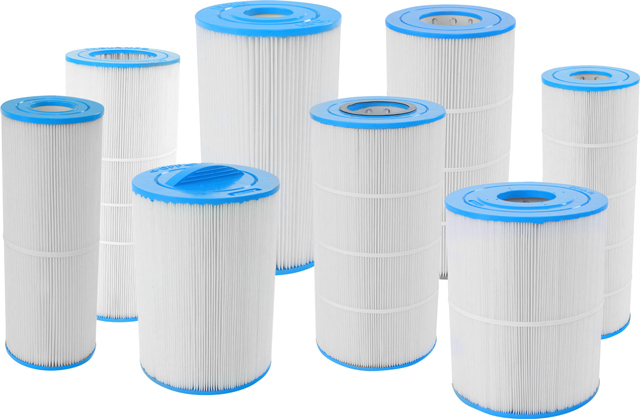
Rectangular shaped pools are very easy to measure since the formula is Length by Width.
If you own a round pool, however big its size, calculating its size will involve measuring the radius of the pool and then square the measurement you find then multiply the result with 3.14. S.A = 3.14 by r2… Finding the surface area of your pool by yourself is good, if you just purchased your pool then you should be given the measurements by the person you purchased from.
# 2 Find the maximum amount of water the pool can hold.
After finding this, use your result to calculate how much water can pass through your filter per minute which is better known as flow rate. The Flow rate depends on the type of pool you own. Make sure you consider this in order to get maximum results from your eventual filter. To find the exact volume of your pool can also be found from the person you bought the pool from, and then divide the figure by 360. This gives you the number of water gallons that will pass through your eventual filter per minute.
It is advisable to get a slightly bigger filter for your pool in order to maximize its pressure rate. If the filter’s flow rate is excessive, and the pressures of operating the filter are too high one can increase this size of the plumbing system’s pipes wholly or partially which will decrease the operational pressure of the user`s system. Every filter has a minimum flow rate and also a maximum flow rate that they pump follows. Excessive or too little of the flow will lead to inefficiency and the filter not working as it is supposed to. Ensure the filter you purchase is efficient for the type of pool you own and the amount of water it holds.
# 3 Find out the turnover rate of your pool.
This simply means finding out the time it takes for the water in your pool to pass through the filter completely. Many of the codes (Municipal health) want a filtration turnover (minimum) of 2 turnovers of the pool water for every 24 hours. The minimum rate of turnover is seen as the one that turns over the whole pool in every 12 hours. A turnover of about 8-10 hours is the normal sizing rate for pools nowadays.
If the pool is of commercial turnover, you will have to consider a pool filter that has an allowance of turning over the whole amount of water at least four times in a day. This also applies for semi-commercial and even high bather turnover pools.
#4 Pick the filter
This is the step where you have to pick the filter, which will depend mostly on the pool’s size. To maintain good clarity of the water, the user is advised to run the pump daily to ensure turnover of the whole amount of water in the pool. Every filter comes with a gallon designed to grasp the turnover rate per minute.
#5 Water resistance
Consider the water resistance present and how much of an effect it can bring to your turnover rate. If water moves through the pump very fast, it will have a high rate of resistance. Look for a filter that will turn over your pool within 10 hours (minimum gallons). It is okay to have a bigger filter since it will maintain better clarity for your pool’s water.
#6 Gather all the details
Gather all the details you have on your pool and make a good decision on what filter to buy. Ensure you have the accurate volume of your pool in gallons and come up with an accurate turnover rate for all the water in your pool to have passed through the filter. Use the equation given below
- Volume of the pool in gallons and divide it by the turnover rate you desire
- This will help you acquire a minimum flow in gallons per minute
- Divide the above result by 60 to acquire the Gallons per minute (GPM)
- Go look for a pump that has the GPM you have found above.
If you follow these steps you will buy the appropriate filter for your pool.
Frequently Asked Questions
1. What are the types of pool filters?




